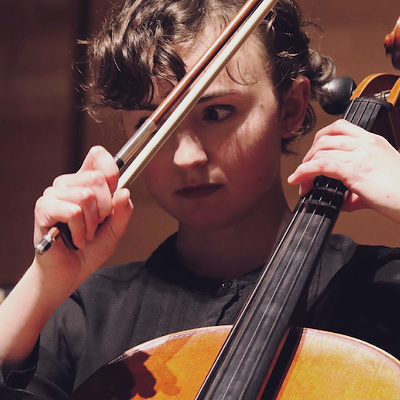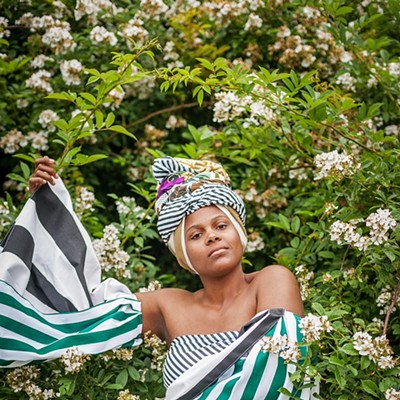On July 21, the opening night of the Dixie Chicks' 2006 tour, dubbed Accidents and Accusations, Natalie Maines asked the Detroit crowd how much of it was seeing the pop-country trio for the first time. Nearly half of the 11,000-person crowd raised its hands. If Maines were to ask the same question next week at the Metro Centre, where the Dixies will play two shows, she would see 20,000 people, give or take the inevitable handful of traveling superfans, respond in kind.
And not just because the Dixie Chicks have never played Halifax. It's because in 2003, Maines accidentally turned her trio into a political lightning rod, and then, in 2006, with American country radio devotees still busy renting bulldozers and crafting death threats, that trio released a defiant, masterfully crafted, genre-crossing pop record, one of the prettiest war cries ever made. And so, by supporting the Dixies' cause, millions of new listeners, including thousands of previously indifferent Haligonians, have tripped across what was always there: top-notch musicianship, smart collaborations, heartfelt songwriting and the biggest, best voice in popular music today.
We are one of these late converts, and thank Christ.
Taking the Long Way, in a time when fame is tenuous and the shambles of the record business are breaking off left and right, refuses to back down from the controversy, sparked by a fairly innocuous comment made by Maines at an English show—Pearl Jam, Bruce Springsteen, Neil Young, Bright Eyes and countless other bands have spoken out against George Bush in terms much more graphic and ire-inciting, but then those bands do not represent that most American of musical genres and aren't high-powered, high-selling women.
But if you were an old school fan and if you were already extolling the depth of the Dixies's songwriting and if you were able to convince anybody who had heard nothing more than "Wide Open Spaces" and knew the band was made up of three hot blondes, of this, then you could have possibly seen this coming.
In 2002, the Dixies released Home. Its lead track and single, "Long Time Gone," looks positively prophetic in the cold light of hindsight. It caused a lesser stir at the time with its criticisms of country radio: "They sound tired/but they don't sound Haggard/They got money/but they don't have Cash/they got Junior/but they don't have Hank." This in a song with a banjo/fiddle call-and-response that boasts the phrase "church piana," mind you, but still, it got the Dixies dropped from some radio stations.
Home also features a beautiful bluegrass version of "Landslide" and the glorious, percussion-free "Top of the World," the best song story in the Dixies' catalogue, a six-minute epic complete with string section and Maines aiming for an as-yet undiscovered planet—two songs completely free of the LCD taint of new country, one steeped in tradition and the other in symphonic drama. The signs were there, hidden among the stereotype-baiting stomp of "White Trash Wedding" ("I shouldn't be wearing white/and you can't afford no ring") and banjo showcase of "Lil Jack Slade."
A bridge between country and pop is built by "Travelin' Soldier," a live staple the trio has been hauling out regularly on this tour. The subject matter is most American—love lost in Vietnam—and the story is told from the girl's perspective, about a romance that grew from one chance meeting and a series of letters. Maines sings with a country inflection, but the song smartly stays clear of cloying instrumentation, keeping percussion out of the mix save for a completely appropriate military march on the outro, instead letting sisters Emily Robison (banjo) and Martie Maguire (violin) kick out the well-honed jams.
If Maines hadn't slagged her President, it's entirely possible it would have taken two or three more albums for her band to hook up with a top rock producer (Rick Rubin) and noted hookmeisters (Dan Wilson of Semisonic, Linda Perry) and cast off the limiting, insulting shackles of country music, whose fans turned so suspiciously quickly against it, never quite comfortable with such pretty Southern girls casually suggesting women kill their abusive husbands.
There probably would've never been songs like "Not Ready to Make Nice" ("I've paid a price/and I'll keep paying"), "Everybody Knows" ("I'm just barely getting by"), "Taking the Long Way" ("It can get pretty lonely when you show yourself/guess I could've made it easier on myself/but I could never follow") or "Easy Silence" ("Children use their youth too soon/watching war's made us immune/I've got all the world to lose").
And there definitely wouldn't be Dixie Chicks: Shut Up and Sing, the new film by no less a director than Barbara Kopple, the first documentary to be presented as a gala at the Toronto International Film Festival since 1992.
All of this makes the future terribly exciting: there's no point for the trio to keep harping on what they call The Incident, and so with their newfound pop savvy and respect from newfound audiences, the Dixies are in a position to go absolutely anywhere they wish, having faced the end and beaten it, coming out on the other side battered, but better for it.















